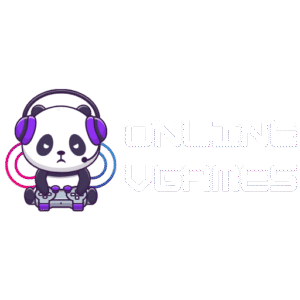Healthcare is changing fast. More patients need care, but there aren’t enough doctors to go around. This is where a triage medical assistant remote comes in. These skilled professionals help bridge the gap between patients and doctors from anywhere in the world.
What Does a Triage Medical Assistant Remote Do?
A triage medical assistant remote works just like an in-person medical assistant, but they help patients over the phone or through digital platforms. They listen to patient concerns, ask the right questions, and decide how urgent each case is. This helps doctors focus on the most serious cases first.
These remote assistants handle many tasks:
- Taking patient medical histories
- Scheduling appointments
- Explaining treatment instructions
- Following up on patient care
- Managing prescription refills
- Coordinating with healthcare providers
Why Remote Medical Triage Works So Well
Remote triage has proven very effective for both patients and healthcare providers. Patients can get help quickly without leaving their homes. They don’t have to sit in waiting rooms or take time off work for simple questions.
For healthcare practices, having a triage medical assistant remote means better patient flow. The assistant can handle routine calls and filter out non-urgent cases. This leaves doctors free to see patients who really need immediate attention.
Over the phone triage also works well for follow-up care. Patients who are recovering from surgery or having chronic conditions can check in regularly without multiple office visits. This ongoing support helps prevent complications and reduces hospital readmissions.
The Benefits for Healthcare Practices
Healthcare practices that use remote triage services see many advantages:
Cost Savings: Hiring a triage medical assistant remote often costs less than employing full-time, on-site staff. There’s no need for additional office space or equipment.
24/7 Coverage: Remote assistants can provide after-hours support. This means patients get help even when the main office is closed.
Improved Patient Satisfaction: Patients appreciate quick responses to their concerns. When they can reach someone right away, they feel more cared for.
Better Resource Management: With someone handling routine calls, doctors are able to spend more time on complex cases that require their expertise.
Technology Makes It Possible
Modern technology has made remote medical triage very reliable. Secure phone systems protect patient privacy while allowing clear communication. Electronic health records let remote assistants access patient information safely.
Video calls add another layer of assessment. A triage medical assistant remote can sometimes see symptoms that might be hard to describe over the phone. With this visual information, they can make better decisions about the level of urgency.
Training and Qualifications Matter
Not everyone can work as a triage medical assistant remote since these professionals need proper training in medical terminology, patient communication, and emergency recognition. Many of them have certifications in medical assisting or nursing.
The best remote triage assistants understand when to escalate calls to doctors immediately. They know the difference between a minor concern and a medical emergency. This judgment comes from experience and ongoing education.
What Patients Should Expect
When calling for over the phone triage, patients should be ready to describe their symptoms clearly. The assistant will ask specific questions about timing, severity, and other relevant details. This isn’t just casual conversation – it’s a medical assessment.
Patients should also have their medical history and current medications ready. This information helps the triage medical assistant remote make better recommendations.
The Future of Remote Medical Triage
The healthcare industry will likely see even more remote triage services in the coming years. As technology improves and more practices recognize the benefits, having a triage medical assistant remote will become standard practice.
This shift benefits everyone who is involved. Patients will get faster access to care guidance. Healthcare providers work more efficiently. And the overall healthcare system can serve more people effectively.
Remote medical triage isn’t just a temporary solution – it’s becoming a permanent part of how healthcare works. The triage medical assistant remote role will continue growing with more practices discovering its value in terms of patient care and business operations.
- The Growing Need for Triage Medical Assistant Remote Services in Modern Healthcare
- This is where a triage medical assistant remote comes in. These skilled professionals help bridge the gap between patients and doctors from anywhere in the world.
- Remote Services
Related posts:
No related posts.



